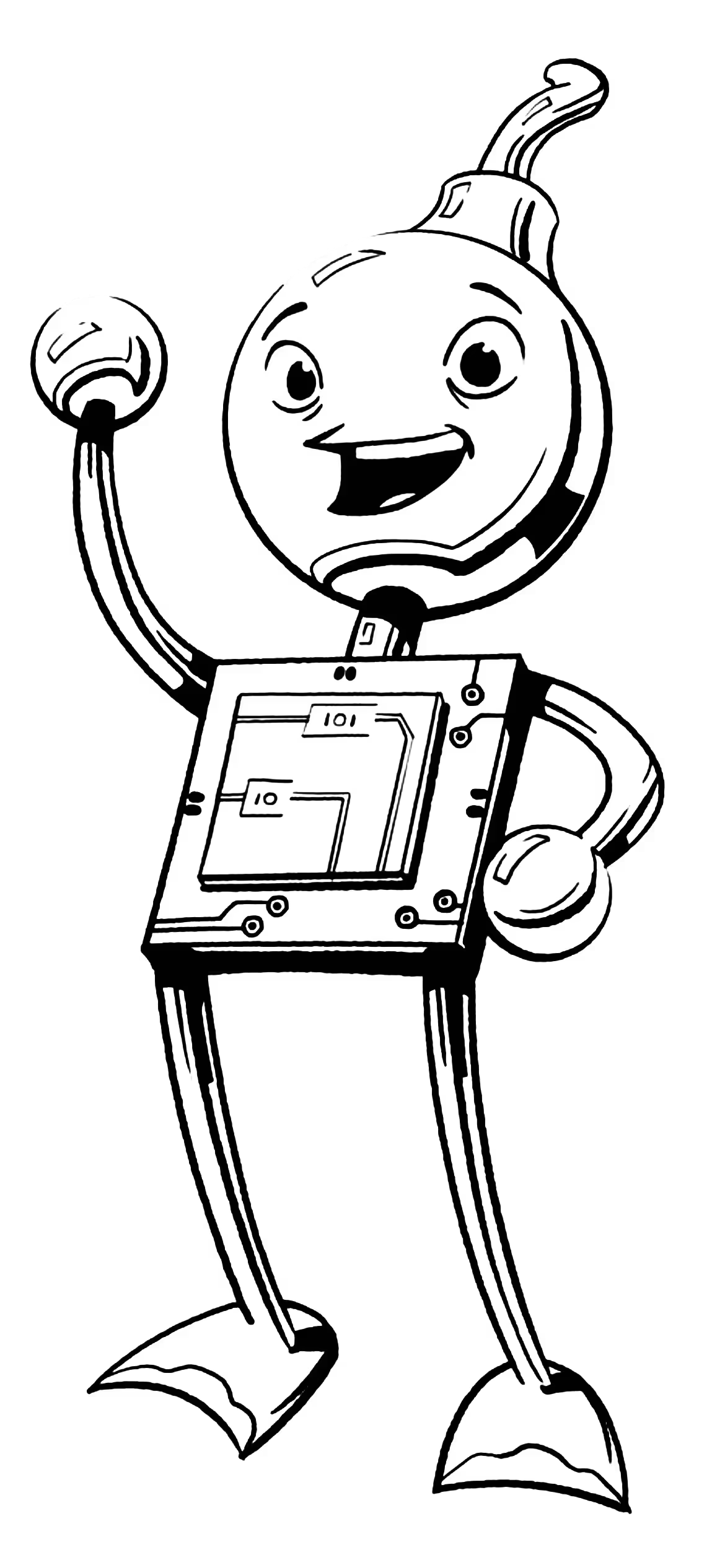In-house seminars and 1:1 training for individual training topics
In-house seminars are individually tailored to the needs of companies and their employees. From production staff to developers and process engineers, all individual requirements can be integrated into a training course. And if you prefer to plan an off-site event, we can deliver your seminar as an individual 1:1 training course at our site in Berlin.

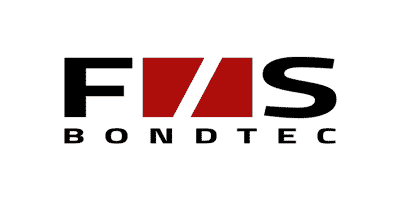
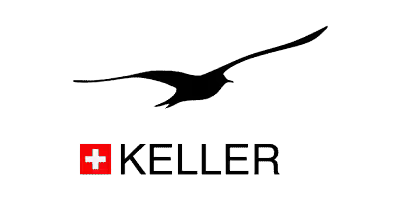
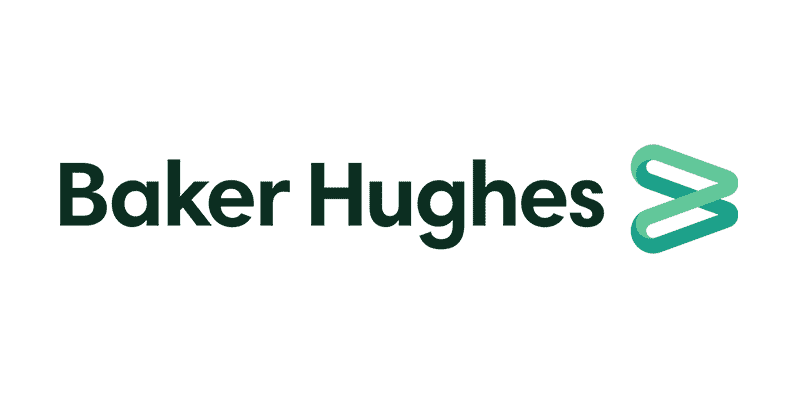
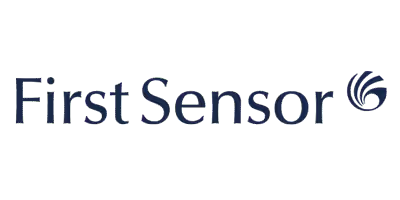
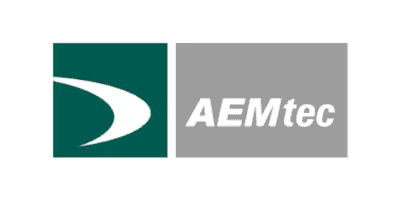
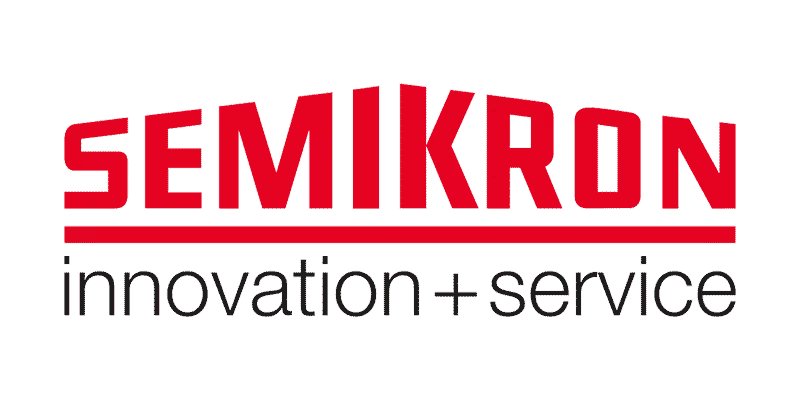
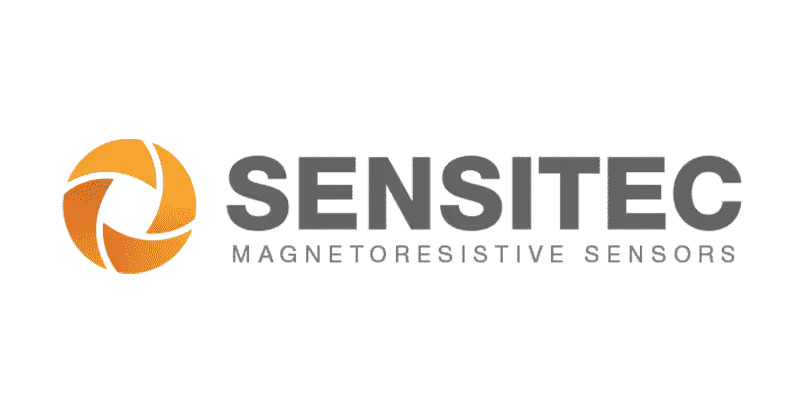
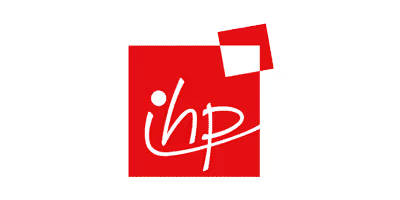
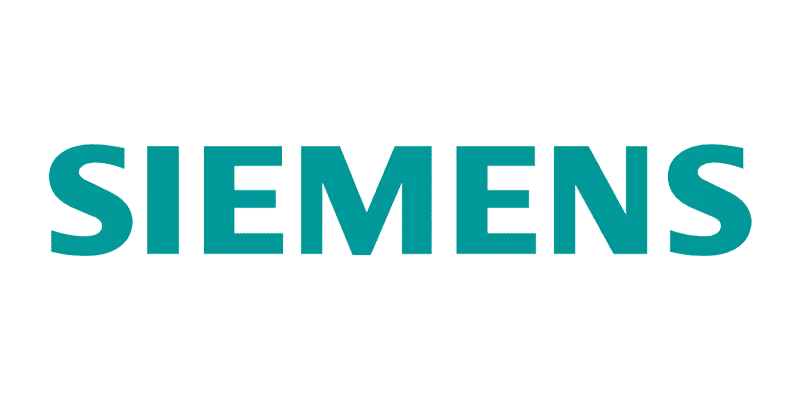
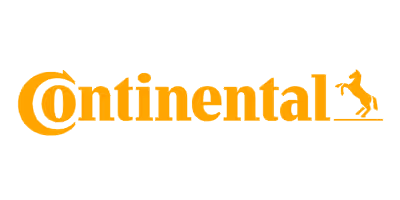
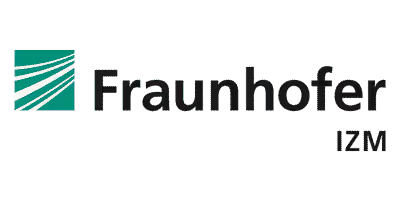
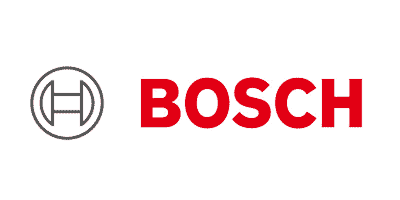
























Why tailored In-House training makes the difference
Your seminar, your way: this training is specifically tailored to your expertise and operational realities. With your own production processes as the ideal example, we’ll work on practical, actionable solutions that directly apply to your everyday challenges. You’ll gain advanced knowledge and skills that reflect your specific goals, ensuring every minute spent here delivers value for you and your team.






Why tailored In-House training makes the difference
Your seminar, your way: this training is specifically tailored to your expertise and operational realities. With your own production processes as the ideal example, we’ll work on practical, actionable solutions that directly apply to your everyday challenges. You’ll gain advanced knowledge and skills that reflect your specific goals, ensuring every minute spent here delivers value for you and your team.






These are some of the topics you can choose from for your individual training

Explore training programs we've crafted for our clients.
Take a look at the tailored training sessions we’ve created for our clients. Each agenda is a testament to our commitment to delivering flexible, impactful learning experiences. Your seminar will be just as unique, built around your goals, team, and industry challenges.
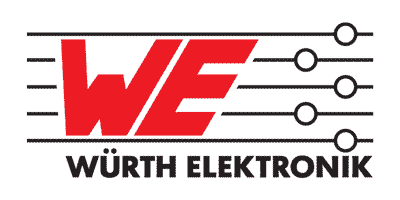
Prior knowledge/expectations
Basics of joint formation in wire bonding In-depth ball/wedge & wedge/wedge bonding
Influencing factors: process parameters, roughness, contamination, resonance
Bonding and test devices
Testing of the most important bonder functions, e.g. bond force, US behavior, TD sensor
Creation of a test bonding program (ideally product-related)
16:30
Refinement of the bonding program by optimizing image recognition, selecting a suitable loop shape and suitable bonding parameters
Important principles for the quality check at bond offices
Practice on the bonding and test device using reference bond points (e.g. from existing products or test programs)
Systematic bond parameter optimization, explanation of the methodologies available for this purpose
Optimization of the bonding parameters based on test series, i.e. group work with the aim of understanding and improving the bonding process based on the selected starting parameters.
Bonding tests, visual inspection, pull and shear tests as well as evaluation and discussion of the data
Procedure for process errors, essential principles for error analysis
Optimization of the bonding parameters based on test series, i.e. group work with the aim of understanding and improving the bonding process based on the selected starting parameters.
Bonding tests, visual

Prior knowledge/expectations
Connection formation
Effect of bond parameters
Discussion/reflection in the group, transfer of the day's findings into measures for implementation
Quality inspection of bonding contacts
Error patterns and root cause analysis
Discussion/reflection in the group, transfer of the day's findings into measures for implementation
Statistical methods for process monitoring and bond parameter optimization

Status quo of current wedge/wedge processes - materials, tools, equipment, level of knowledge
Process setting on the device
Environment, production design
Setting up the process on the machine
Influence of bonding parameters and visual inspection
Visual inspection
Pull test destructive/non-destructive
Test processes
Pull test setup, correct execution and interpretation of results
Process optimization on BD Sensors products, e.g. loop optimization, bond parameter setting, speed, image recognition
Adjustments are made by the operators with the aim that such optimizations can subsequently be carried out independently.
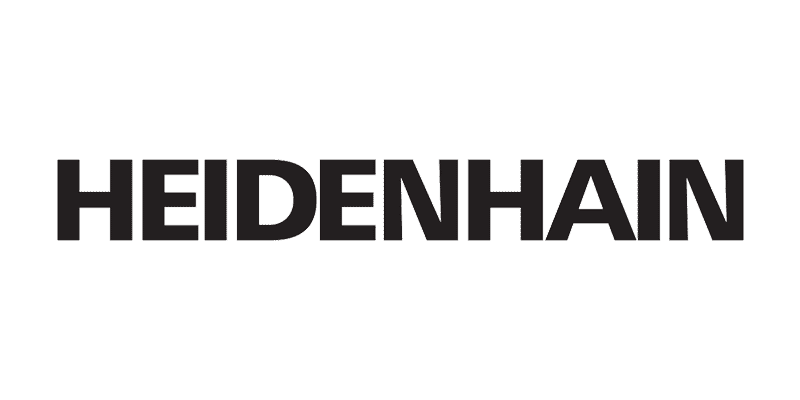
Status quo of current ball/wedge processes - materials, tools, equipment, level of knowledge
(SSB, SOB, BSOB)
Defect patterns, layer analysis
Discussion, e.g. using the example of ENEPIG coating systems
Visual inspection
Pull/shear test
destructive/non-destructive
Material influences, process optimization, additional practice in the production area and much more.

Prior knowledge/expectations
Device types and bonding processes
Comparison of bonding methods
Substrate types
Wire materials
Manufacturer/Supplier
Wire bonding, setting up bonding programs, effect of bonding parameters, loop optimization
Pull/shear test, light microscopy with visual inspection
Visual inspection, interpretation of error codes after mechanical test
Tests on the company's own samples
Clarification of open questions and discussion

Target group-oriented presentation and review of what has been learned
Simultaneous training for several of your employees
No time and money spent on organization, travel and accommodation
Confidentiality and open discussion on all your internal topics
Prevent risks by making safe and informed decisions throughout the development process.
Engage in team-based training to maximize learning success and promote sustainable knowledge in your organisation.





































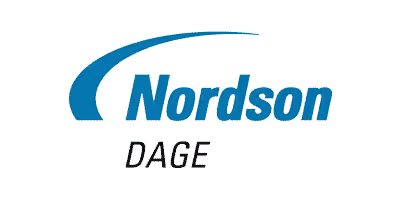
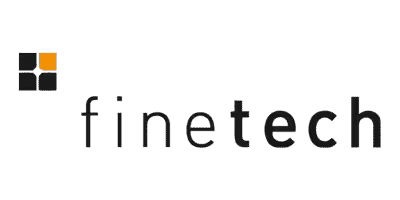
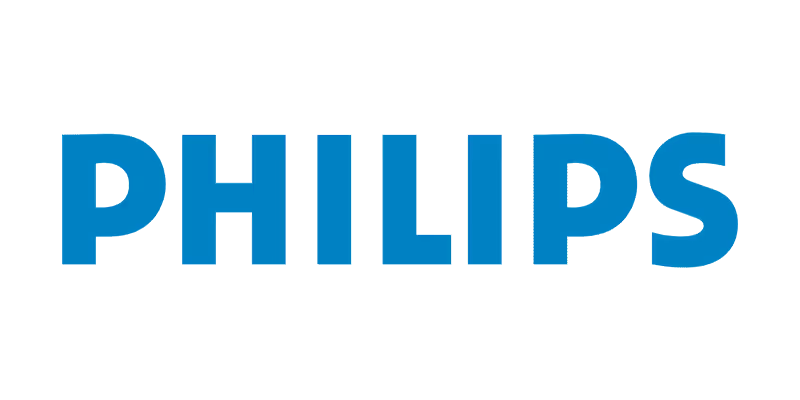
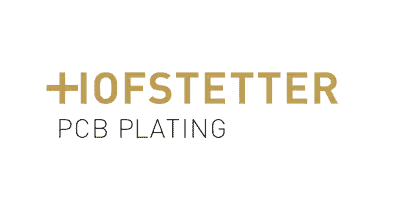
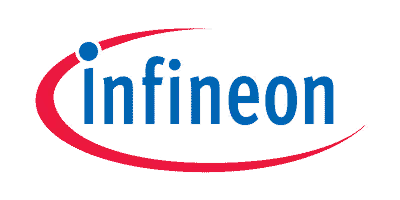
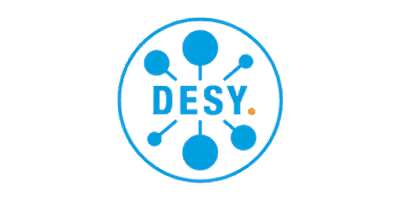
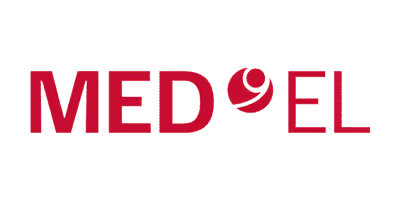
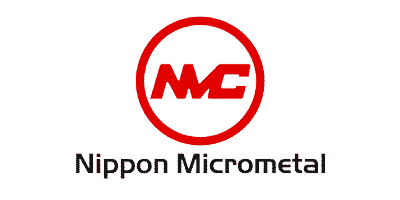
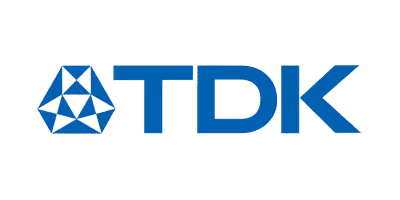
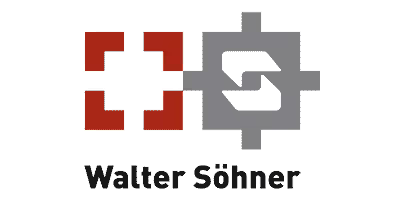
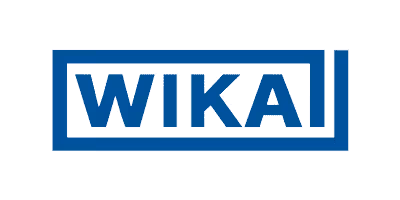
























Customer voices
We carefully ensure that demand and performance are balanced and aligned with our customers’ needs.

Meet your expert trainer in wire bonding technology
You benefit from over 20 years of wire bonding experience, dedicated training rooms, and customized bonding equipment. Whether in 1:1 training or in groups of several participants, you will always have a front row seat.
With his clear presentation style, convincing rhetoric and vivid examples, your trainer knows how to make even complex techniques and contexts clear and universally understandable. This ability allows him to combine tried and tested content with motivational elements in an informative, entertaining and unique way. He creates a learning experience for the audience with many "aha" moments and full attention.






Frequently Asked Questions
In-house seminars are group sessions for multiple employees within or across departments of a company, tailored to address common challenges or goals. A 1:1 training, on the other hand, is a personalized, one-on-one experience focused exclusively on the needs of a single participant or a group of 2-3 with a very focused technical topic – at your machines or in our training room in Berlin. A 1:1 training emphasizes hands-on learning and practical application, while an in-house seminar is a cost-optimized way to train larger groups on technical details.
We can cover a wide range of topics, including wire bonding processes, process optimization, troubleshooting techniques, failure analysis, and more. Topics are selected based on your goals and challenges, ensuring that the content is relevant to your operations and the roles of your employees.
We are flexible in choosing the training location. Seminars can be held at your facility for convenience and direct relevance to your processes. Alternatively, you can schedule an off-site event at our Berlin location, providing a distraction-free environment where participants can focus on learning.
•Training content is tailored to your organization's specific needs.
• Training multiple employees at the same time reduces the time and cost of external arrangements.
• No travel or accommodation costs for participants.
• Training takes place in a familiar environment, using your own processes as practical examples.
• Confidentiality is maintained, allowing open discussion of internal issues.
We design training with a focus on real-world application. Using your production processes as case studies, we identify practical solutions and actionable takeaways that participants can implement immediately. This approach ensures that the training delivers measurable value and is closely aligned with your operational realities.
Our seminars are suitable for a wide range of participants, including production personnel, developers, process engineers, and managers. The content is tailored to the technical expertise and responsibilities of the attendees to ensure it is accessible and beneficial to all.
We begin by consulting with your team to understand your organization's challenges, processes, and training objectives. This information allows us to create a customized agenda that addresses your specific needs and ensures that the training delivers value that is aligned with your operational and business goals.
Yes, in-house seminars are designed to accommodate multiple employees. This allows your team to learn together, fostering collaboration and ensuring consistent knowledge across roles. It's a cost-effective way to train multiple team members at the same time.
Off-site training at our Berlin facility provides a focused learning environment away from the distractions of the workplace. Our Berlin classroom also provides access to specialized equipment and expertise that may not be available at your facility.
Duration depends on the complexity of the topic and your training objectives. Most seminars range from two to three day sessions, while 1:1 training can be even more flexible, ranging from a few hours to multiple sessions over several days as needed.
Yes, we provide comprehensive training materials, including presentations, documentation, and real-world examples used during the session. We can also provide follow-up support to answer questions or address challenges that arise as you implement the training takeaways.
We take confidentiality and privacy very seriously. All findings, reports and client information are kept secure, and we can sign non-disclosure agreements (NDAs) prior to any analysis to ensure that your intellectual property and sensitive data is protected throughout the training and after.
The cost varies based on the duration, number of participants, and level of customization required. After discussing your needs and goals, we provide a detailed quote outlining the scope and cost of the training.
Scheduling is simple. Contact our team to discuss your requirements, preferred dates, and location. We’ll work with you to develop a customized training plan and coordinate all the necessary details to ensure a smooth and successful session.












